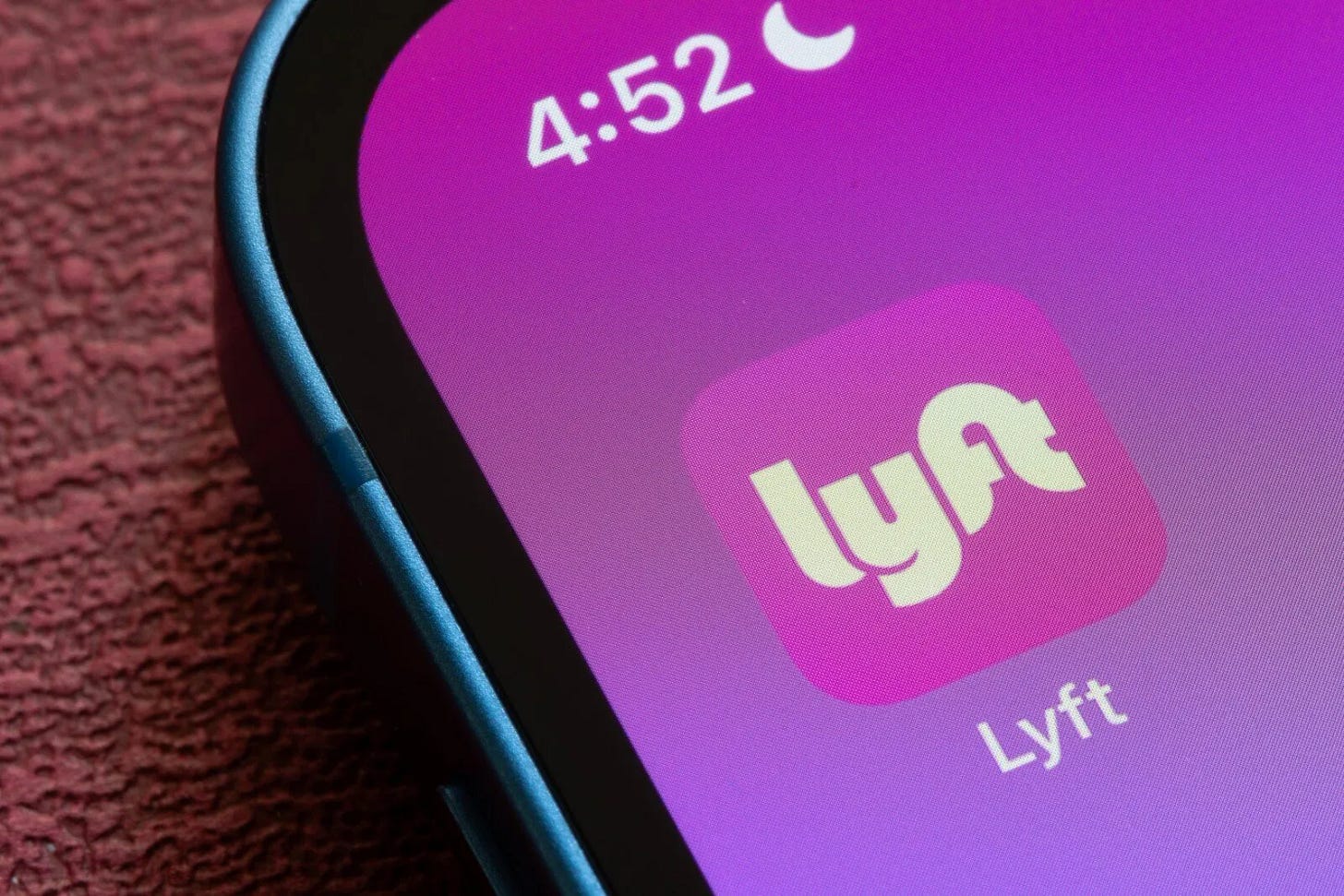Quantum. It’s not the future—it’s now. On today’s episode, we cover the biggest crypto scam takedown yet, MasterCard’s latest move into stablecoins, decentralized mapping with Solana, and a phishing attack that could cost Coinbase up to $400 million. Plus, we’re giving credit where credit’s due: the Pi pioneers showed up without the tribal fury we’ve seen from other crypto armies. Let’s get into it.
"Quantum and encryption and security and Bitcoin is just one of my favorite topics... Quantum is coming."
🛑 Telegram Pulls Plug on HaoWang Guarantee Linked to Crypto Crime Syndicate
💳 Mastercard to Launch New Stablecoin Payment Cards with MoonPay
🗺️ Lyft Partners with BeeMaps for Decentralized Mapping Data
🕵️♀️ Cybercriminals Steal Coinbase Customer Data, Demand $20M Ransom
📉 Trader Cobb & Market Training via The Grow Me Co
Telegram Shuts Down $27B Illicit Crypto Network
Telegram has shut down Haowang Guarantee, formerly known as Huione Guarantee, a massive illicit crypto escrow service linked to over $27 billion in money laundering. This platform acted as a middleman for black market deals involving laundered USDT, fake IDs, stolen data, and tools used in scam compounds across Southeast Asia.
Blockchain analytics firm Elliptic confirmed that thousands of accounts tied to the operation were banned. The U.S. Treasury has also targeted Huione’s parent company, alleging it helped move $4 billion in illicit funds—including proceeds from North Korean cyberattacks.
Despite this crackdown, similar platforms like Xinbi remain active and a new replacement—Tudou Guarantee—has already begun onboarding users.
"If people are going to try to scam people, you're gonna need somebody there to help facilitate the payments of that scam."
My Take:
You shut one down, another pops up. These marketplaces serve a “business need” in the worst way—scammers still want escrow services, just like any vendor or buyer. So while Telegram and the Treasury did good work, don’t expect these underground networks to disappear. They evolve.
MasterCard Launches Stablecoin Payment Cards
MasterCard is teaming up with MoonPay to launch global stablecoin payment cards, letting users make and receive stablecoin payments with real-time fiat conversion. MoonPay’s acquisition of Iron, a stablecoin payment firm, powers the backend infrastructure.
The move follows similar actions by Visa in Latin America and signals mounting competition in cross-border payments. MasterCard has flirted with crypto in the past but hasn’t gained traction—this could be the real start.
"MasterCard has always done stuff with crypto, but it never really caught on. Let's see how this works."
My Take:
Algorithmic stablecoins are still dumb—don't touch them. But real-world utility? That’s where stablecoins shine. MasterCard sees the future: remittance, creator economies, cross-border trade. If they can execute, which they won’t, this could be a game changer.
Lyft Moves to Decentralized Mapping with Bmaps
Lyft is now partnering with Bmaps, a decentralized mapping platform built on Solana’s HiveMapper infrastructure. The company has been sourcing street-level imagery since 2024 and is using it to improve routing for its autonomous vehicles.
While Lyft isn’t contributing to Bmaps through its drivers, it’s licensing the map data and distancing itself from legacy systems like Google Maps—a strategic move that gives Lyft more independence and security in a potentially competitive future.
"The choke point of your business is literally Google Maps... Something I never thought about."
My Take:
Smart play by Lyft. Relying on a major competitor’s infrastructure like Google Maps is a chokehold. A decentralized mapping network creates resilience, flexibility—and a nice PR angle about openness and innovation.
Coinbase Hit with $400M Fallout After Insider Leak
Coinbase is facing up to $400 million in remediation costs after overseas customer support contractors were bribed into leaking limited user data. The attackers demanded a $20M ransom, which Coinbase refused—offering a $20M bounty for information leading to arrests instead.
Less than 1% of users were affected, and no private keys or passwords were compromised. Coinbase will reimburse any users who fell victim to related phishing attacks.
"Kudos to Coinbase for reimbursing the users... Everything about this story makes me happy."
My Take:
This is how you handle a breach: transparency, no ransom payment, user reimbursements, and smart incentives to catch the crooks. Coinbase nailed the response. Hopefully this sets the bar for how crypto companies handle internal security incidents.
Listener Comments
"Before I read these listener statements, I didn't know Pi had such an army."
Alex:
"Great segment on Pi. I've been a Pi Pioneer since 2021. KYC adds legitimacy. Pi is building out a mobile browser and its mainnet. Definitely worth keeping an eye on."
Eric:
"Mike was right—Pi felt sketchy at first. But now it's going mainnet, and for me, it's just free money. I clicked the button and maintained my ring. No regrets."
Brandon (on Quantum):
"I'm less worried about Bitcoin. What about small businesses and banks being vulnerable?"
Matt's Response:
"If you can hack the algorithm, you’re not just hitting small banks. You’re taking down the whole system—governments, global finance, military networks. It's the new nuke."
Kaleb:
"I’ve been blocking scammers selling me 'QFS wallets.' I messed up."
Matt's Response:
"QFS is a scam pitch wrapped in quantum buzzwords.
Crypto Prices (as of 8:30 a.m. EST)
Bitcoin: $102,444 (↓ 1.7%)
Market Cap: $2 trillion
Ethereum: $2,554 (↓ 2.5%)
Market Cap: $308.4 billion
XRP: $0.246 (↓ 5%)
BNB: $652 (↓ 0.5%)
Solana: $171 (↓ 5%)
Dogecoin: $0.226 (↓ 4.4%)
Cardano: $0.77 (↓ 6.5%)
Tron: $0.27 (↓ 2.3%)
Avalanche: ↓ 7.4%
SHIB: ↓ 6%
TON Coin: ↓ 7%
Pi: $0.902 (↓ 25%, still +45% on week)
Total Market Cap: $3.3 trillion (↓ 2%)
Happy HODLing, Everyone.
















